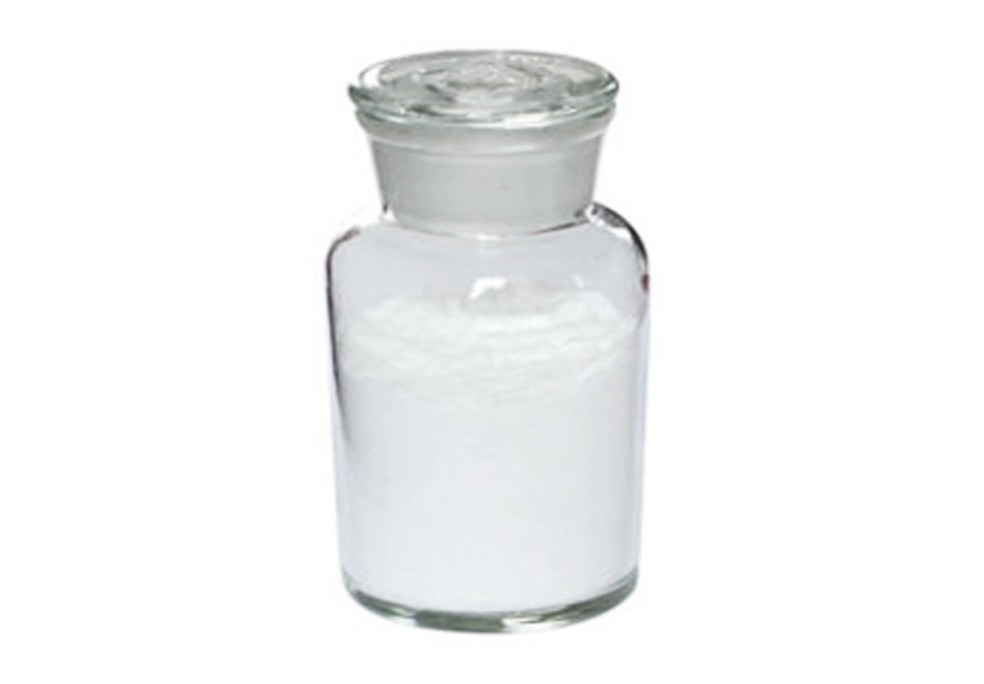Paclitaxel is an injectable medication that’s infused into your vein. It’s used to treat certain types of cancers, including ovarian, breast, and lung cancers and Kaposi’s sarcoma.Paclitaxel has emerged as an important agent in the treatment of breast cancer. The efficacy and tolerability of this agent, as well as its lack of cross-resistance with anthracyclines, have spurred intensive clinical investigation worldwide. Optimization of paclitaxel dose and scheduling and evaluation of the drug in combination regimens are a central focus of investigations.
Cancerous tumors are characterized by cell division, which is no longer controlled as it is in normal tissue. "Normal" cells stop dividing when they come into contact with like cells, a mechanism known as contact inhibition. Cancerous cells lose this ability. Cancer cells no longer have the normal checks and balances in place that control and limit cell division. The process of cell division, whether normal or cancerous cells, is through the cell cycle. The cell cycle goes from the resting phase, through active growing phases, and then to mitosis (division).
Paclitaxel belongs to a class of chemotherapy drugs called plant alkaloids. Plant alkaloids are made from plants. The vinca alkaloids are made from the periwinkle plant (catharanthus rosea). The taxanes are made from the bark of the Pacific Yew tree (taxus). The vinca alkaloids and taxanes are also known as antimicrotubule agents. The podophyllotoxins are derived from the May Apple plant. Camptothecan analogs are derived from the Asian "Happy Tree" (Camptotheca acuminata). Podophyllotoxins and camptothecan analogs are also known as topoisomerase inhibitors. The plant alkaloids are cell-cycle specific. This means they attack the cells during various phases of division.






















